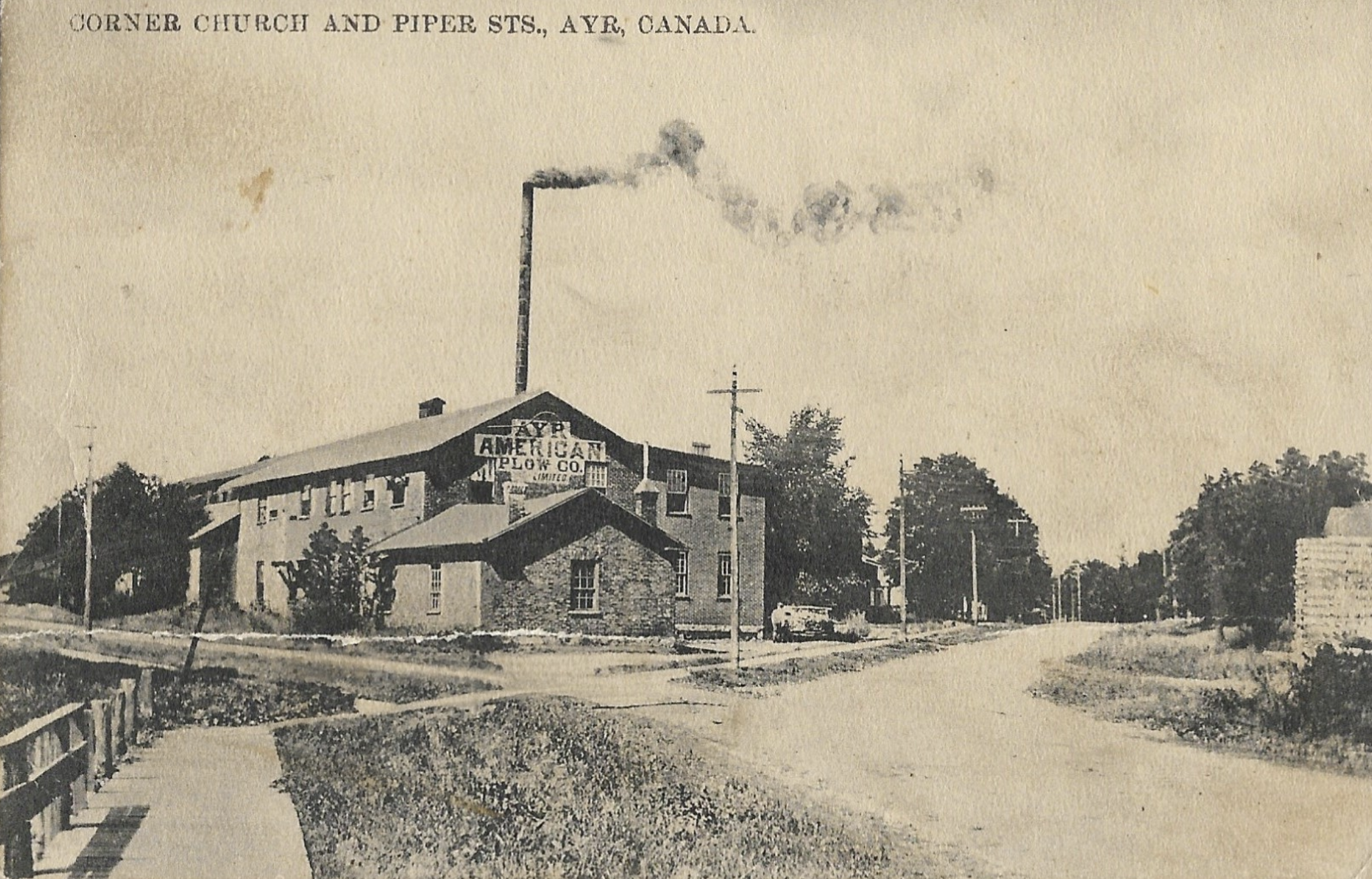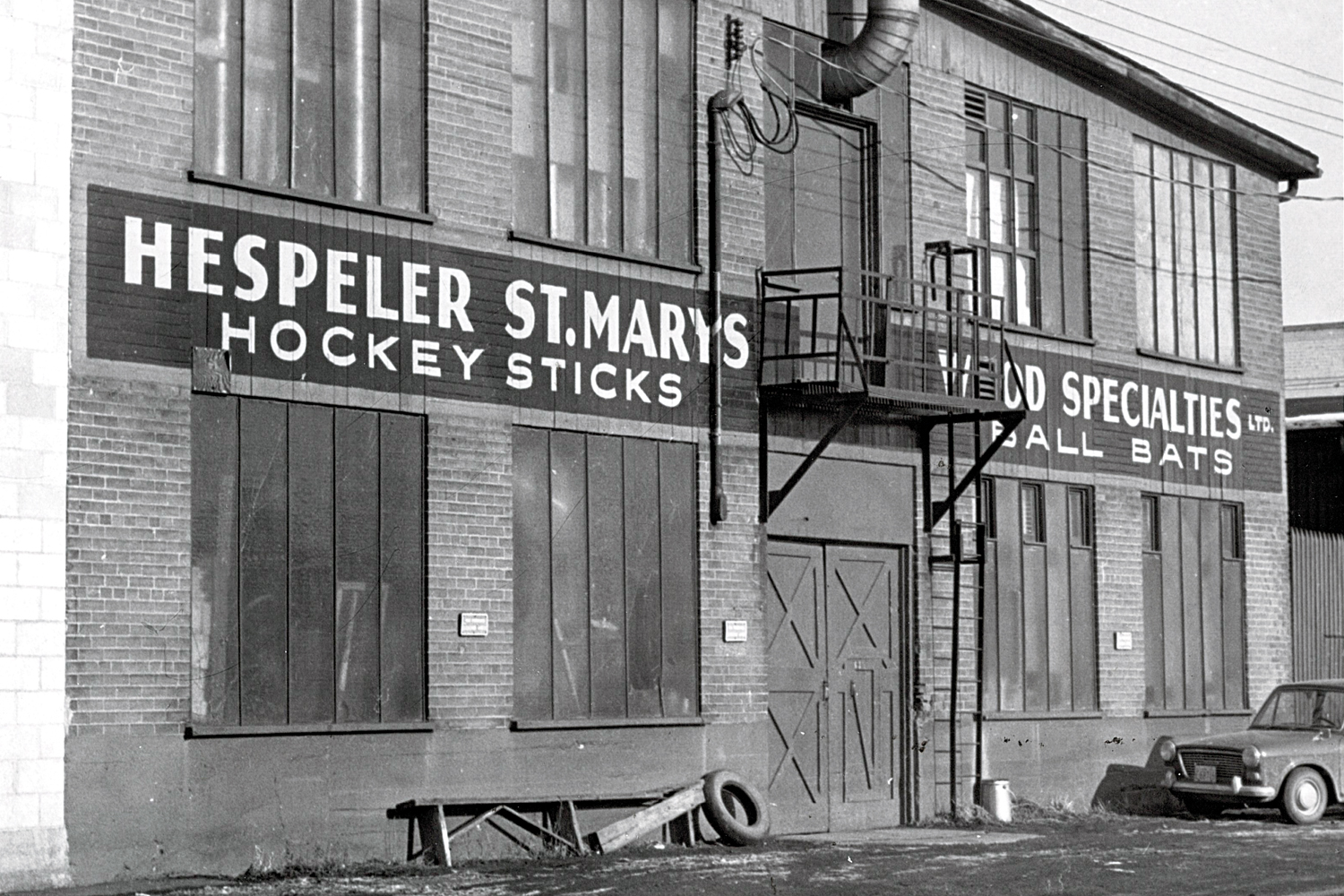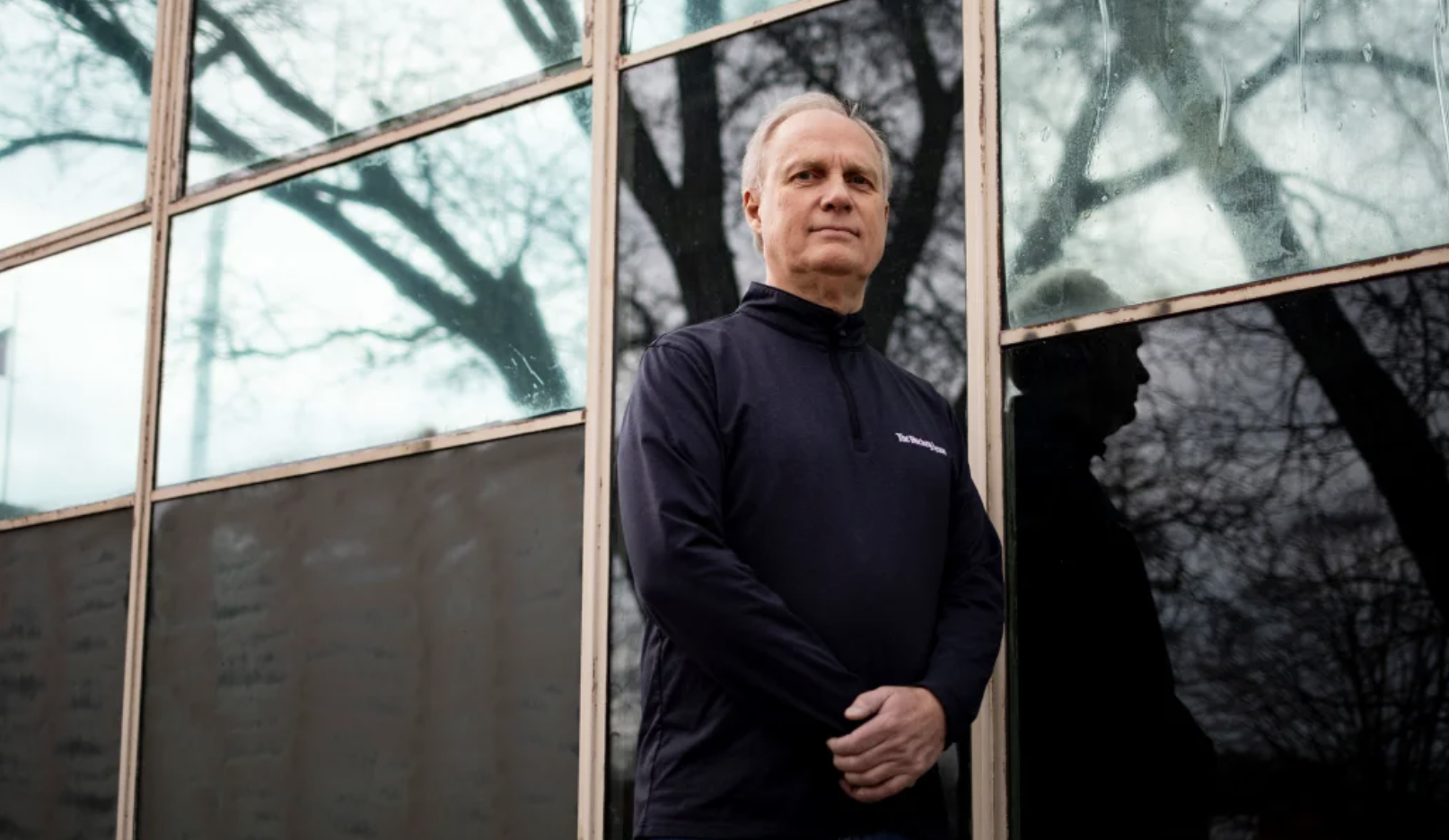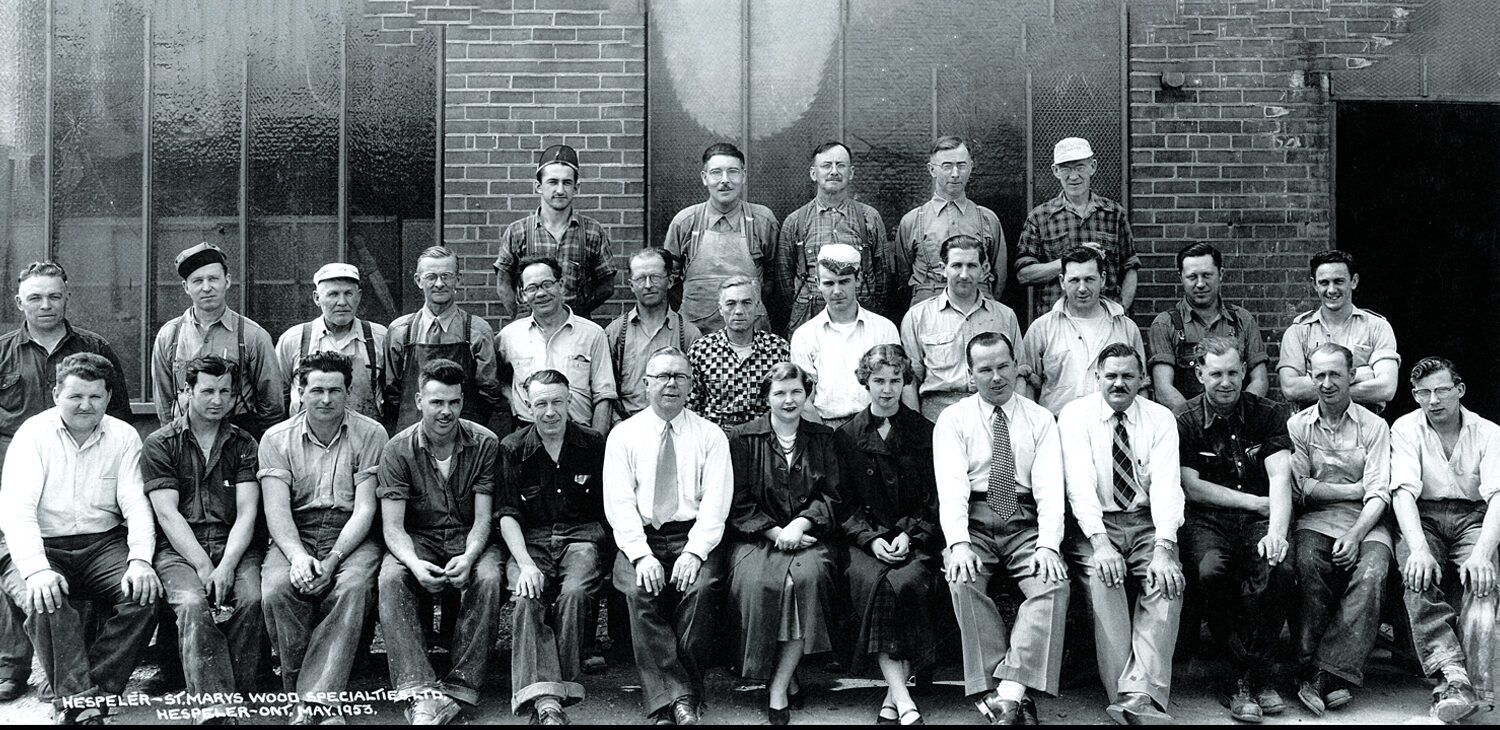It’s not easy to sum up 178 years of proud, made-in-Canada manufacturing.
Especially when it’s our story at Roustan Sports Ltd.
But because it’s our story, there’s no one more qualified to tell it, and we feel it’s our duty and deep responsibility to share it. Ours is the tale of the last Canadian company that manufactures and sells wooden hockey sticks. A company that now manufactures and sells paddles, those equally Canadian instruments of canoe, kayak and dragon boat recreation (and competition). A company that actively seeks to repatriate treasured sport products back to Canada. But it all started with sticks. An industry that, like the game of hockey itself, began as a rudimentary activity and was commercialized once it was discovered – seemingly almost by accident – that it could reliably generate revenue.

Once this fact became known, William Hilborn of Ayr, Ontario, abandoned his chosen pursuit of manufacturing farm implements. Edward Burgess Salyerds of nearby Preston stopped producing brushes at his factory. Solon Lewis Doolittle of St. Marys, Ontario, gave up on building furniture. Zachariah Adam Hall, who ran a foundry in Hespeler, turned his attention to hockey sticks instead. They all achieved tremendous success in their new ventures. And then Edward Frowde Seagram of Waterloo, Ontario, a former hockey player of some note and the heir to a distilling fortune, gave up the whisky business and used the proceeds to buy the Hillborn, Salyerds, Doolittle, and Hall factories so he could amalgamate them and produce his own sticks in Hespeler. As he probably predicted when he made those purchases, his Hespeler-branded sticks became even more famous than its predecessors, used by countless young hockey players, including future legends Bobby Hull and Wayne Gretzky.

Jack Cooper bought that business from the Seagram family 40 years later and helped take it to yet another level before it ended up in the hands of Gerald Wasserman and Canstar Sports. They added the famous Bauer name to the sticks and made them the choice of hockey players on every team in the National Hockey League. Canstar’s enormous success attracted a successful takeover bid by Nike, which in turn led to a severe decline that almost closed the doors on the company for good.
But the hockey stick factory’s employees, among them current Roustan Sports Ltd. general manager Bo Crawford, believed in what they were doing and knew they could still produce good sticks that people would buy. They purchased the assets, formed a new company called Heritage Wood Specialties that returned stick making to Canadian ownership, and soldiered on for another 15 years.
Hockey stick making, once as indelibly Canadian as the game itself, is no longer as common in the country where the industry was born. Technological advances, marketing strategies, and a corporate hyperfocus on the bottom line teamed up in the first two decades of the 21st century to send every traditional wooden stick manufacturer onto the disabled list and then into retirement, so to speak.
Every manufacturer, that is, except one.

W. Graeme Roustan, the chairman of Roustan Capital, a former chairman of Bauer, the owner and publisher of The Hockey News and a fiercely devoted hockey fan, was a client of Heritage Wood Specialties. He was well aware of that company’s place and importance in the history of Canada and in the history of hockey. He bought the business in 2019, renamed it and moved it to its current home, a 130,000-square-foot facility in Brantford, Ontario.

The roots of Roustan Sports Ltd. are deep. It has adapted in the face of so many changes that date back two decades before Confederation and continue more than two decades into the 21st century.
A series of articles, now being published by The Hockey News, lovingly chronicles the story of the last Canadian company that manufactures and sells wooden hockey sticks. More importantly, it’s the story of the people who have led and championed it through three centuries of opportunities, innovation, determination, and survival.
We dedicate our endeavours to them.
